(1077 products available)















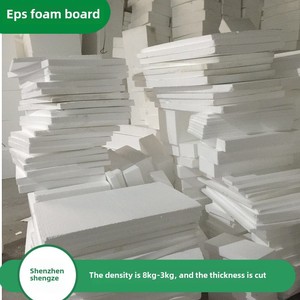



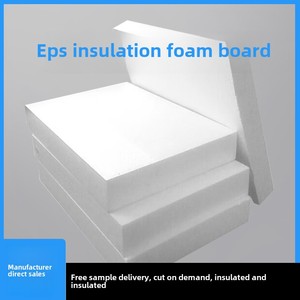






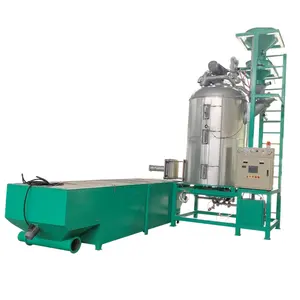





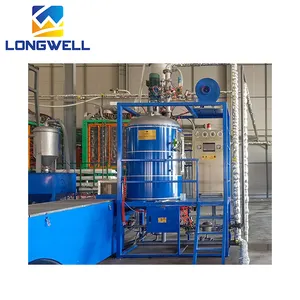





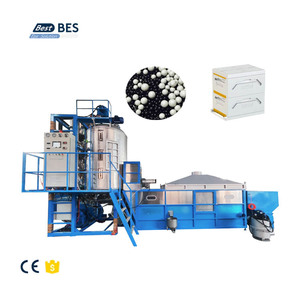

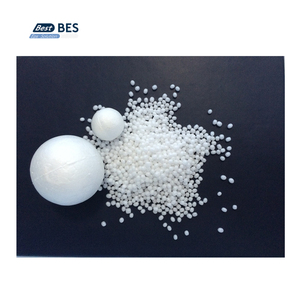
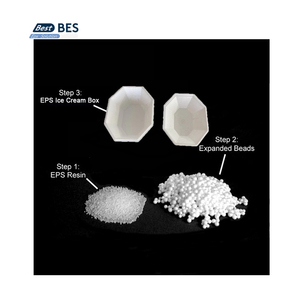

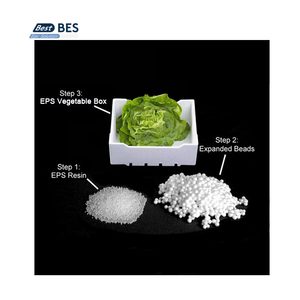
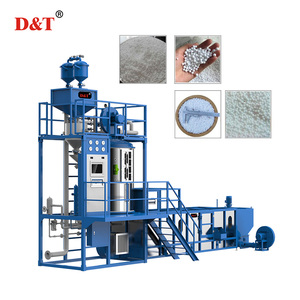



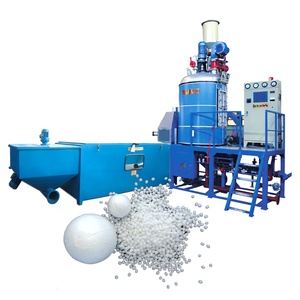



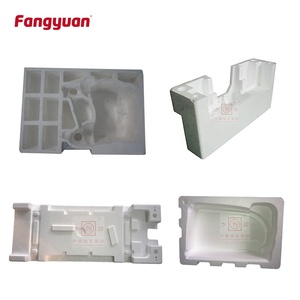
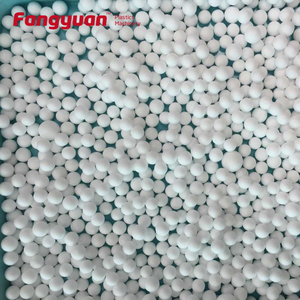












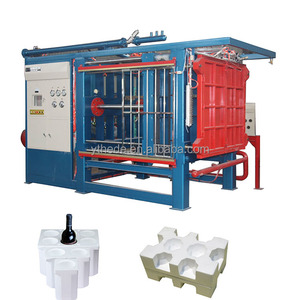
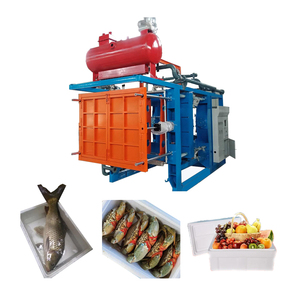
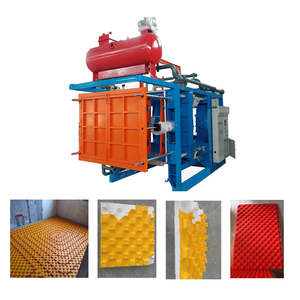




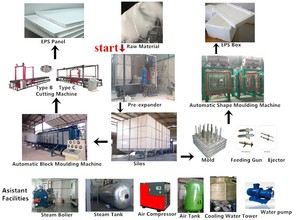


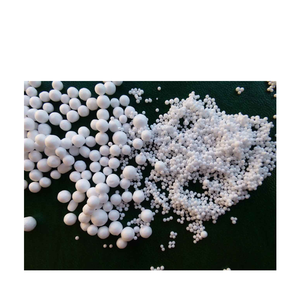
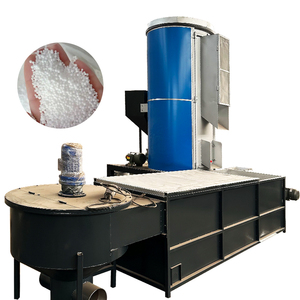





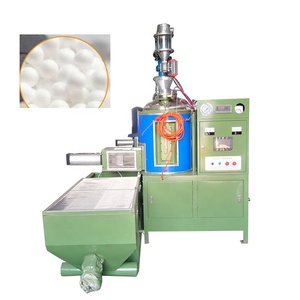




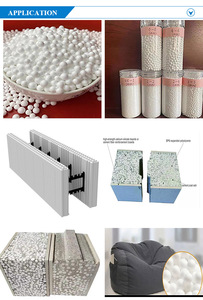







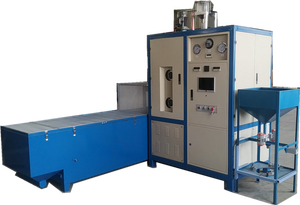

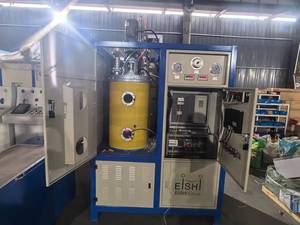
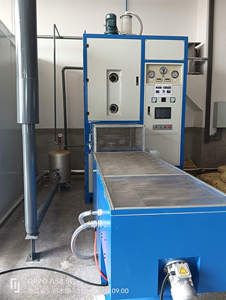
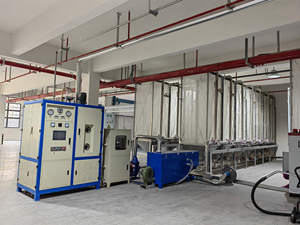

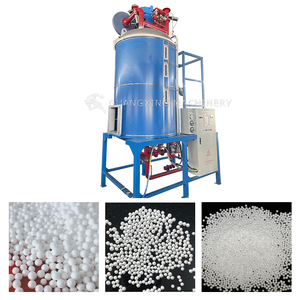

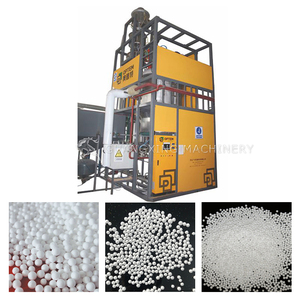

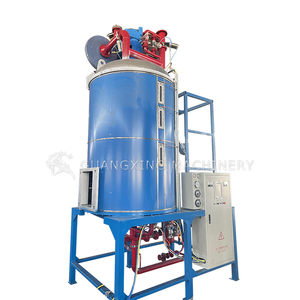





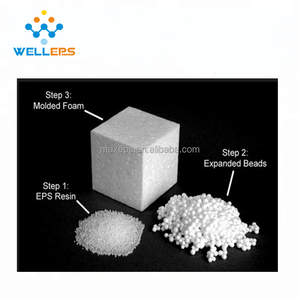





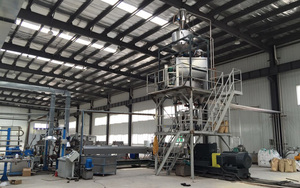

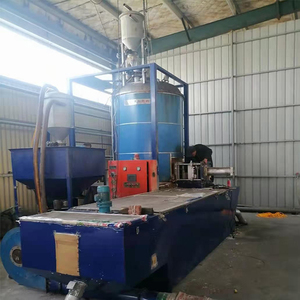

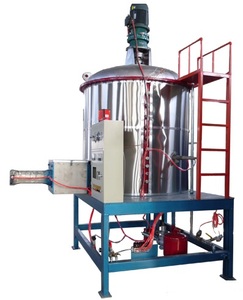
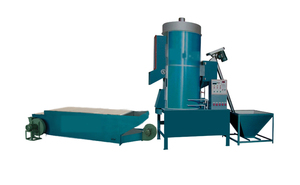
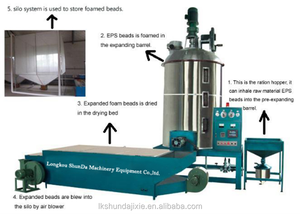



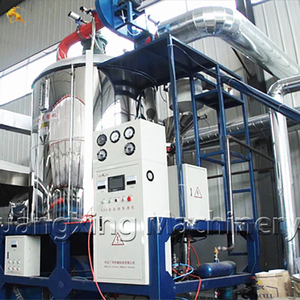








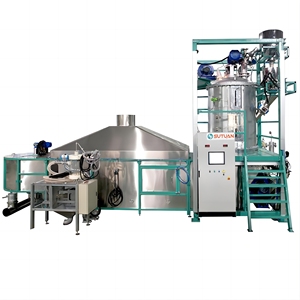


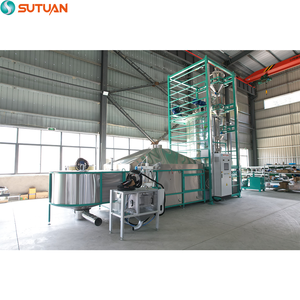
















































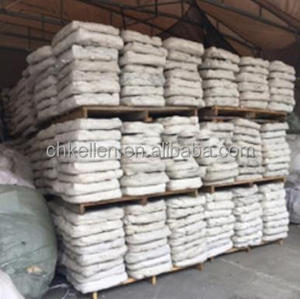
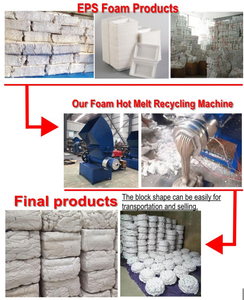

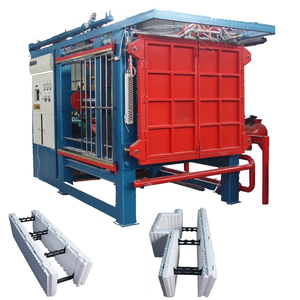






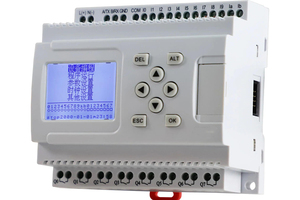

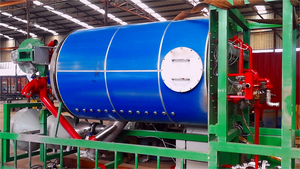

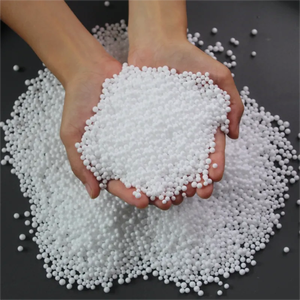









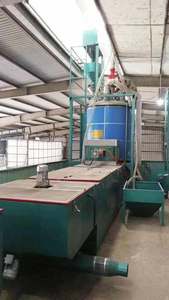
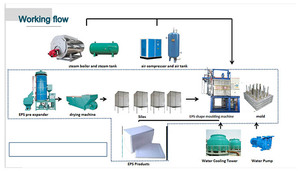
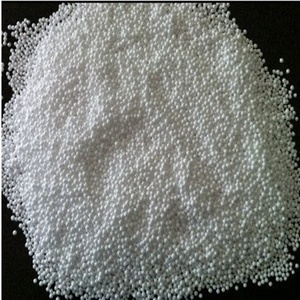
The EPS foam pre expander machine serves the primary purpose of creating expanded polystyrene foam, which is mainly produced to manufacture packaging, insulation, and floatable products. The machine works by heating the pre-produced beads to expand them into larger foam beads, which are then used to create EPS foam products. There exist several types of the EPS foam pre-expander machine, as illustrated below.
Batch pre-expander
The batch pre-expander is a kind of EPS foam pre-expander machine that produces expanded materials in a particular period of time. It is usually separated into two models, the manual and automatic batch pre-expanders. The machines are among the most common pre-expanders found in the foam manufacturing industry. The expanded beads are produced by the machine in batches and are later transferred to the molding machine or storage silo for further processing.
Continuous pre-expander
The continuous pre-expander differs from the batch pre-expander in that it continuously produces expanded beads. The machine is designed to provide a constant supply of pre-expanded material. It often features a feed system that continuously feeds unexpanded EPS beads into the expansion chamber, where they are exposed to steam and heat for expansion. The continuous pre-expander may also have a collection system to gather the expanded beads and store or process them further.
Combined pre-expander and mixer
This EPS foam pre-expander machine integrates the functions of pre-expansion and mixing, offering a comprehensive solution for foam production. The machine is characterized by the combination of pre-expansion and mixing of additives or blowing agents to ensure a uniform distribution of foam material. It enhances efficiency by minimizing the need for separate processing stages and equipment.
Some of the specifications for the EPS foam pre-expander are as follows:
Maintenance:
Regular maintenance and upkeep of any machine ensure it works for a long time without faltering. Here are some essential maintenance tips for the EPS pre-expander machine:
EPS pre-expander machines are used in several industries to expand polystyrene beads for various applications. Here are some common usage scenarios for EPS pre-expander machines.
Packaging Materials
EPS pre-expander machines are commonly used in the packaging industry to produce expanded polystyrene packaging materials. These materials provide cushioning and protection for fragile and delicate products during transportation and handling. Packaging companies utilize EPS pre-expander machines to manufacture customized packaging solutions, such as protective inserts, packaging peanuts, and insulated containers, to meet specific product requirements.
Manufacturing of EPS Products
EPS pre-expander machines are used in the production of various EPS products. After the beads are generated, they are transported to separate molding machines for specific products. Molding companies and manufacturers of EPS products use pre-expandable machines to create items like lightweight insulating panels, rigid foam sheets, and architectural moldings, amongst others.
Insulation Board Production
Insulation boards made out of EPS are a solution for thermal insulation in the construction industry. The boards are used for wall, roof, and floor insulation. They are also utilized in cold storage buildings, refrigerated trucks, and freezer facilities to maintain temperature control and reduce energy consumption.
Cold Chain Logistics
Expanded polystyrene is an effective temperature-maintaining material. Cold chain logistics companies utilize EPS pre-expander machines to produce insulated containers and boxes for temperature-sensitive products. These include pharmaceuticals, perishable food items, and chemicals, among others, to ensure product integrity and compliance with cold chain standards.
Automotive and Aerospace Industry
The automotive and aerospace industries make use of pre-expander machines for the production of lightweight and energy-absorbing components. The machines expand the polystyrene for protective foams, inner packaging, and soundproofing elements, among others, to enhance safety, comfort, and sustainability in vehicles and aircraft.
Considering some critical factors before purchasing an EPS pre-expand machine will help buyers make informed decisions.
Production capacity
Buyers should determine the production capacity they require. Different machines support varying capacities. Choose a machine that can meet specific production requirements without compromising quality.
Quality control system
Buyers should choose a machine that pre-expands foam uniformly and is compatible with effective quality control mechanisms. With a quality control system, manufacturers can ensure consistent and high-quality foam production.
Expanding ratio
Choose an EPS foam pre-expander machine with a suitable expanding ratio for the intended application. Different expanding ratios affect the density and performance of the foam produced.
Automation and control
Select a machine that offers advanced automation and control features. Automated systems improve production efficiency, reduce manual labor, and ensure precise control over the expansion process.
Energy efficiency
Consider the energy consumption of the pre-expander machine. Choose an energy-efficient model to cut costs and reduce environmental impact.
Raw material compatibility
Ensure that the pre-expander machine is compatible with the specific raw material requirements. Buyers should consider factors like adhesive, filler, or special material needs to avoid costly adjustments or modifications.
Machine dimensions
Consider the machine's dimensions to ensure it fits in the designated production space. Evaluate the installation requirements and any associated infrastructure costs.
Q1: How does the EPS foam pre-expander work?
A1: The pre-expander machine works by injecting steam into the beads of EPS, causing them to expand and form a gas-filled foam. The expanded beads are then collected and stored for further processing.
Q2: What are the main components of EPS foam pre-expander machines?
A2: The main components of an EPS pre-expander include a steam generator, a pre-expansion chamber, a control system, a cooling system, and a storage system.
Q3: What types of materials can be processed with EPS foam pre-expander machines?
A3: Pre-expander machines process only expandable polystyrene (EPS) materials. Other types of materials (such as XPS and PSP) cannot use these machines for expansion.
Q4: What are EPS foam pre-expanders used for in manufacturing?
A4: EPS foam pre-expanders are used to produce foam blocks, sheets, and custom foam packaging components. They are also utilized in the manufacturing of insulated containers, lightweight concrete aggregates, and protective packaging for fragile products.